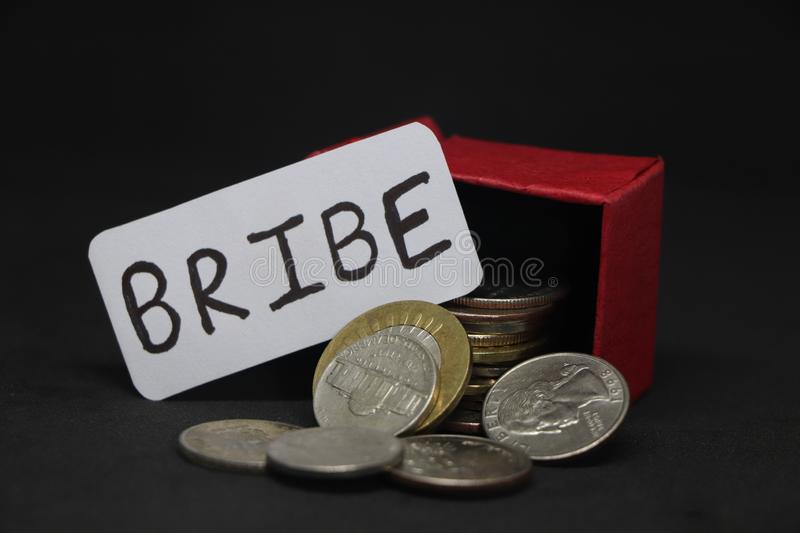SEPTEMBER 13, 2020 – (cont.) As I circled the correct answer to question #4 (Susan had erased her circle around a wrong answer), I pictured a pool of vomit in the aisle; Mrs. Hilliard saying “Everyone stay calm,” then rushing out of the room; her returning minutes later with “Harry,” the friendly custodian only slightly younger than my grandfather, pushing his mop-in-steel-bucket to my desk; my classmates plugging their noses and going, “Eweeee!”
By sheer will I rolled off the imaginary sled—only to slide toward an imaginary tree. Susan was not an “A” student. Wouldn’t Mrs. Hilliard be suspicious if Susan scored 100?
“The answer to number eight . . .” Time was running out. I decided to circle wrong answers to #10, 13, and 18—three wrong out of 20. That would make Susan look better than usual without looking too much better; good enough to justify the quarter, dimes and nickels in my pocket but not so good to get us in trouble.
Yet how would I explain this to Susan? What had she expected? A perfect score? That was unrealistic.
“Number 10 is ‘c.’” I marked ‘b.’ Between 10 and 13, I wrestled with the problem of doing right by Susan. By taking her money and putting it in my pocket I’d signaled my acceptance of her scheme. Given her full erasures of answers to the rest of the quiz questions, if I marked them all with “X’s,” she’d flunk the test. If that happened, after school, in complete despair she might race out unthinkingly across Main Street and get hit by a car. She’d die, and it would be my fault, except I wouldn’t be able to tell anyone.
I’d put myself at the bottom of a very steep hill. Time to think fast and clearly. I’d continue with my plan—three wrong out of 20—and explain my rationale to Susan after school. If she wanted some or all of her money back, fine—except another bad thought crept into my head: given the angst she’d put me through, didn’t I deserve something for my bad feelings?
When I passed her quiz sheet back, I whispered, “I gave you three wrong so it will look more real.” She nodded her understanding.
Susan didn’t ask for any of her money back, but I was miserable for the rest of the day. I vowed that come Sunday, I’d put a dime in the little envelope, lick the flap, and tuck my weekly offering into my pocket before Mother’s weekly, bothersome question as she rounded us up for church: “Eric, do you have your offering?”
And during the rambling sermon that Sunday, I promised Jesus that never again would I do anything bad with money. I cut myself some slack by telling myself—not Jesus—that “not doing anything bad” didn’t necessarily mean “being generous.”
Another lesson learned. (I’m still working on being generous.)
(Remember to subscribe to this blog and receive notifications of new posts by email.)
© 2020 by Eric Nilsson
